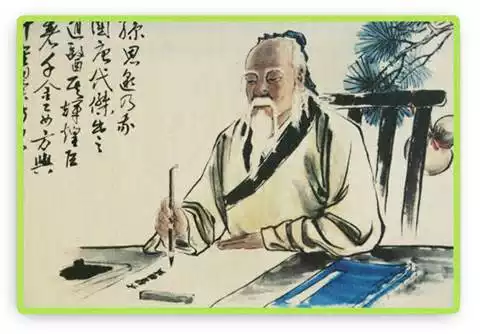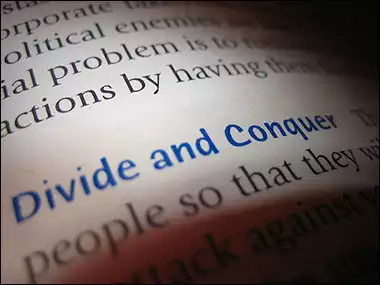It is believed that Lao Tzu was born between 604 and 570 BCE [McDowell: 339] in Ch’u (present-day Henan Province) and lived from approximately 570 to 490 B.C.E. His name, Lao Tzu (), translates as “old master” which sometimes leads him to be referred to as Lao Tan or Li Er.
Lao Tzu was the head librarian of the imperial archives for House of Zhou in Luoyang. With this station he was surrounded by thousands of ideas and thoughts of all the scholarly people before him on history, philosophy and literature offering him insights and wisdom unavailable to most others.
Accounts say that with Lao Tzu’s distaste of the government’s techniques of administration and with the House of Zhou beginning to decline Lao Tzu decided to leave civilization. Legends say Lao Tzu composed the Tao Te Jing at the Great Wall as he was about to leave for some unknown destination beyond through the Han Gu Pass. The guard Yin-his, a friend of Lao Tzu’s in some references, asked him to leave a written notation of his thoughts on the Tao for preservation.
There are many legends in regards to Lao Tzu as that little is known for sure of his life. It is argued that multiple people under a single pen name could have authored the Tao Te Jing. Another legend says that Confucius was drawn to Lao Tzu to learn from his wisdom; that after Confucius’s encounter with Lao Tzu, Confucius was said to have compared Lao Tzu to his students as a flying dragon that was “un-trappable.” [The Tao]
The Tao, http://www.thetao.info/tao/laotzu.htm
McDowell & Stewart, Handbook of Today’s Religions; Here’s Life Publishers, Inc; San Bernadino, 1983.





